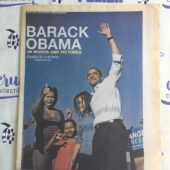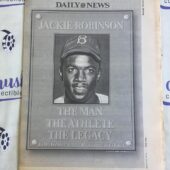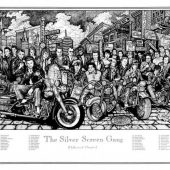



When the lights come on at the 20,000-seat Ratliff Stadium, the city of Odessa, Texas shuts down. Streets are deserted and stores close early so that everyone can crowd onto the sparse campus of Permian High School to cheer on their Panthers. In this small, barren town, Friday night football is bigger than life.
Based on journalist H.G. Bissinger’s best selling book, Friday Night Lights examines the craze surrounding the team’s bumpy road to the 1988 state championship. For these players, excelling at football is the only ticket out of their dilapidated desert town. All of Odessa’s residents are motivated to do their part to help get them out. Players are pushed to the breaking point on the field by driven coaches, and equally pressed off the field by their win-obsessed parents. At the local burger joint, players eat for free, heed words of advice, and pose for pictures with fans.
Under the watchful eye of second-year coach Gary Gaines (Billy Bob Thorton), the season once again looks promising. But, when their superstar running back Boobie Miles (Derek Luke) goes down with a severely injured knee in the season opener, the unimaginable happens: The team starts losing. Gaines is immediately criticized on local radio, and chastised publicly for building the Panther offense around one player. With very few alternatives, Gaines turns to the team’s quarterback Mike Winchell (Lucas Black), third-string running back Chris Comer (Lee Thompson Young), and tailback Don Billingsley (Garrett Hedlund) to shoulder the load.
 The remainder of the season is a struggle, and yet, because of the tireless dedication and desire the Panthers have to overcome their problems on and off the field, they make the impossible possible. FNL remarkably captures the heart and spirit of its players, the pride of their parents, and the uncompromising addiction of its fans. All are relentless in their pursuit to make Permian High better than perfect.
The remainder of the season is a struggle, and yet, because of the tireless dedication and desire the Panthers have to overcome their problems on and off the field, they make the impossible possible. FNL remarkably captures the heart and spirit of its players, the pride of their parents, and the uncompromising addiction of its fans. All are relentless in their pursuit to make Permian High better than perfect.
Director Peter Berg scores touchdowns for his ability to accurately capture the intensity and fervor of the gridiron. The film’s gritty look, along with cinematographer Tobias Schliessler’s dizzying handheld camera shots, make us part of every hard-hitting tackle. We’re never just watching from the stands; we’re in the middle of the action, and in close-ups so realistic we actually fear the linebacker that’s ready to pummel our ass. Off the field, Schliessler widens-out his camera to find soft, quiet pink and amber sunsets and desolate, wind-swept one-road plains. The West-Texas desert never looked so beautiful.
Despite all of the passion conjured up on screen, surprisingly we feel little of this emotion in the audience. While Berg does an amazing job placing us in the middle of the action, strangely, we never feel connected to these players as fans. This is because FNL keeps us at an unfair distance that really never allows us to know the players. We only scratch the surface of Winchell’s struggles with his estranged mother, the constant beatings Billingsley gets from his drunken father (Tim McGraw), or Boobie’s reluctance to watch from the sidelines. When the film’s big finale arrives, we find ourselves too far away from the edges of our seats. And in that moment, when the big play should mean the most to us, we’re quickly tackled for a loss of yards.
Review by David Levine © 2004 filmcritic.com







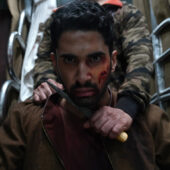



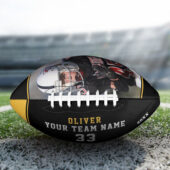



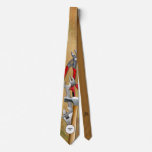
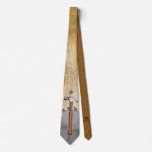




![United Artists ABC Great States Theatre (1970) Diary of a Mad Housewife Marquee Photo [210907-2]](https://www.filmfetish.com/img/p/2022/11/210907-2-chicago-theater-11x85-web-170x170.jpg)
![Reno, Nevada Main Street 1950s Classic Autos Photo [231108-8]](https://www.filmfetish.com/img/p/2024/03/231108-8-11x85-web-170x170.jpg)
![Sexy Actress Apollonia Kotero Bikini Photo [210906-56]](https://www.filmfetish.com/img/p/2023/01/210906-56-apollonia-85x11-web-170x170.jpg)
![The Horse Soldiers Astor Theatre Times Square Movie Marquee [221010-19]](https://www.filmfetish.com/img/p/2022/10/221010-19-astor-theatre-times-square-horse-soldiers-marquee-13x19-web-170x170.jpg)







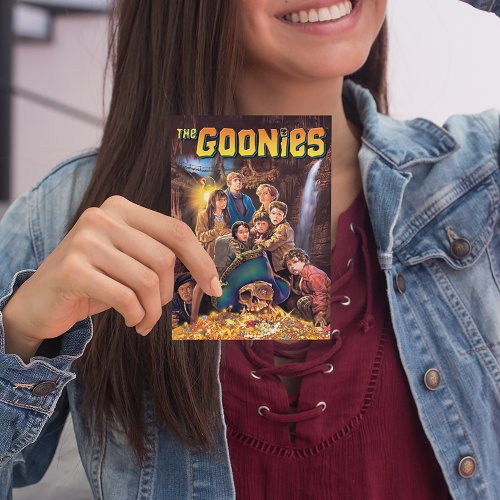






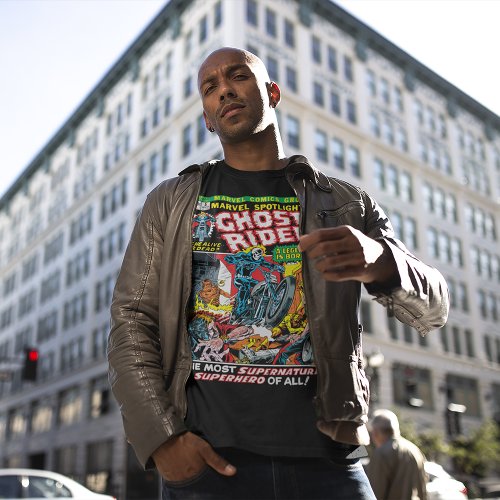
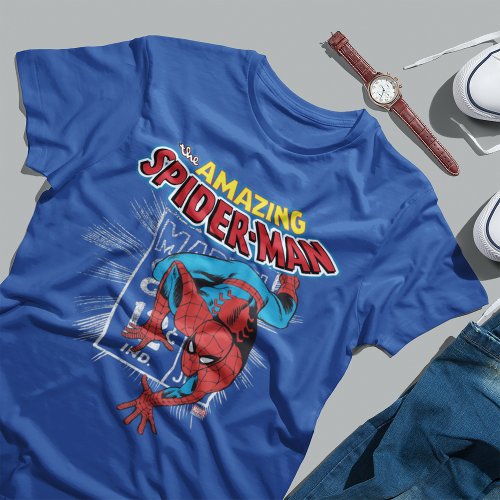


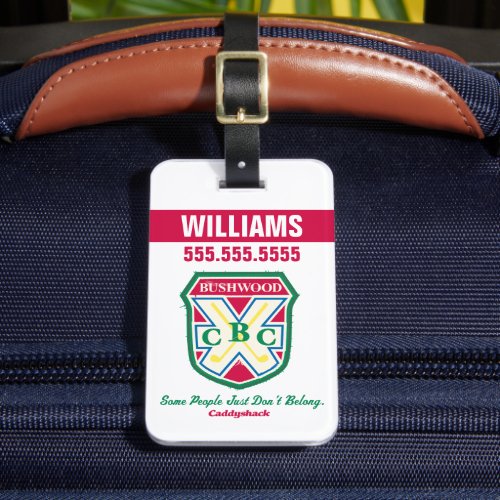



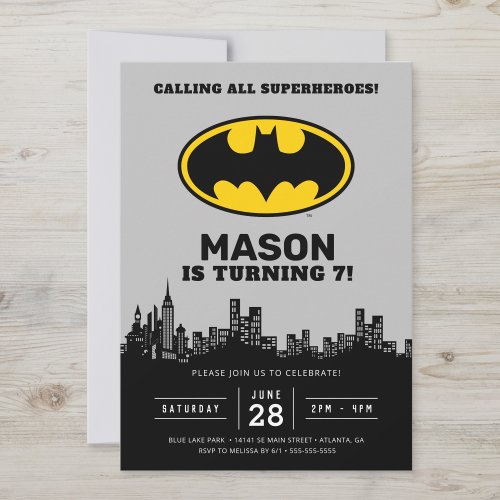
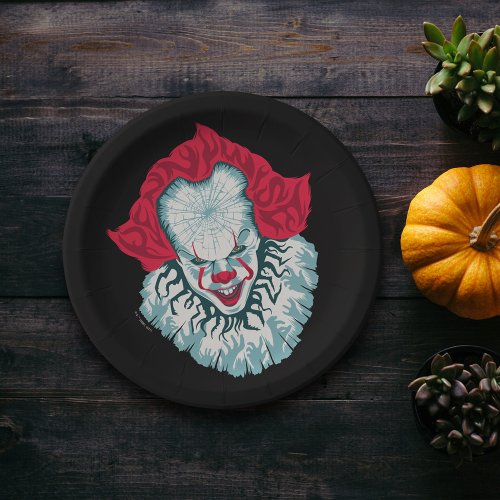
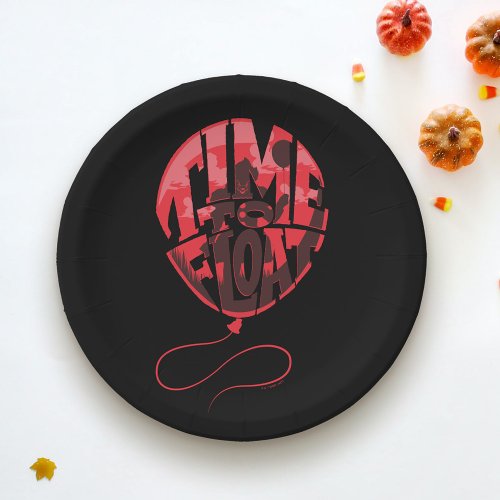


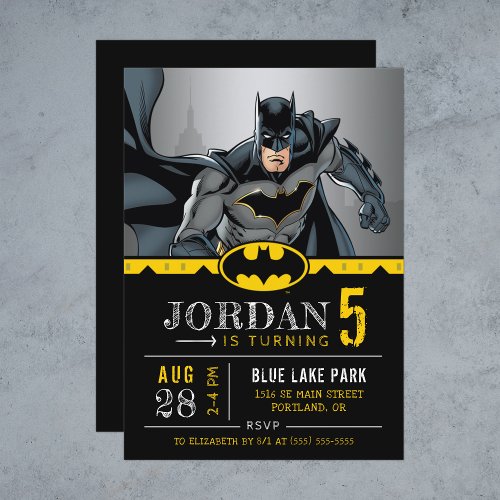



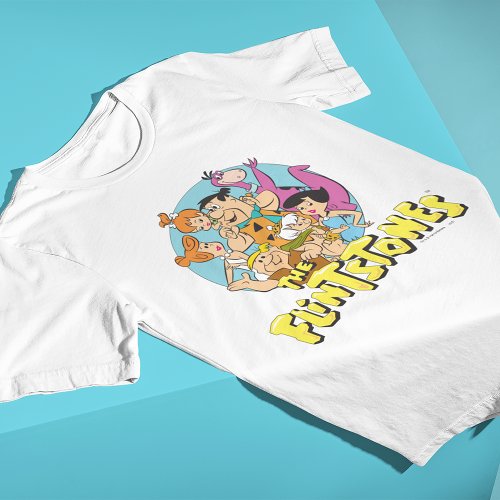
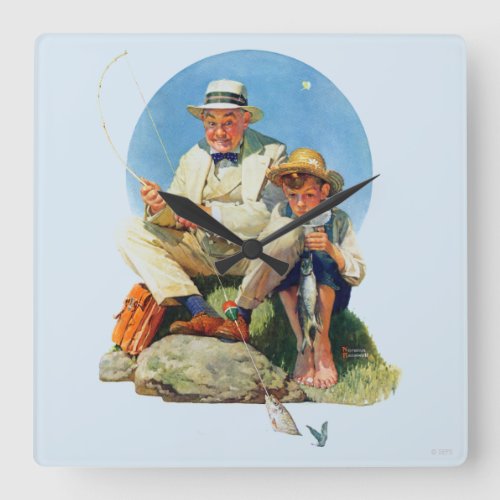
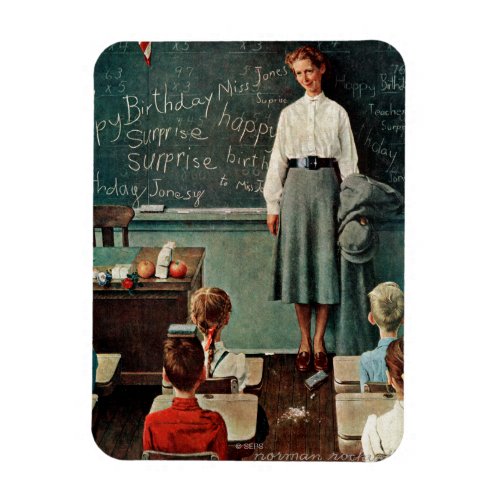

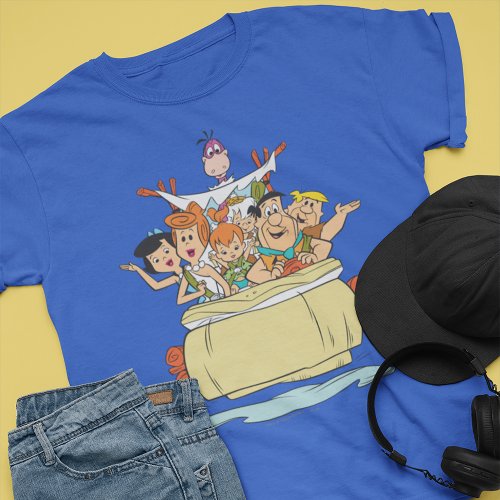





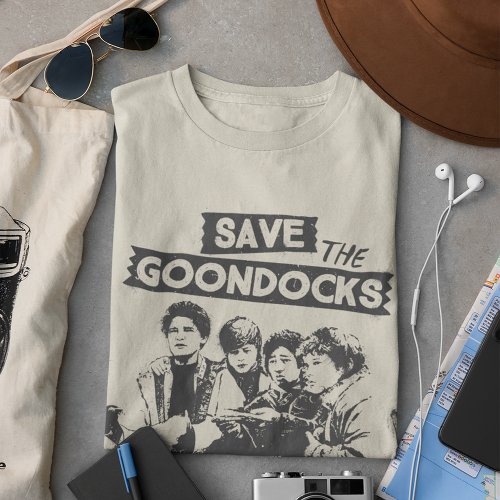


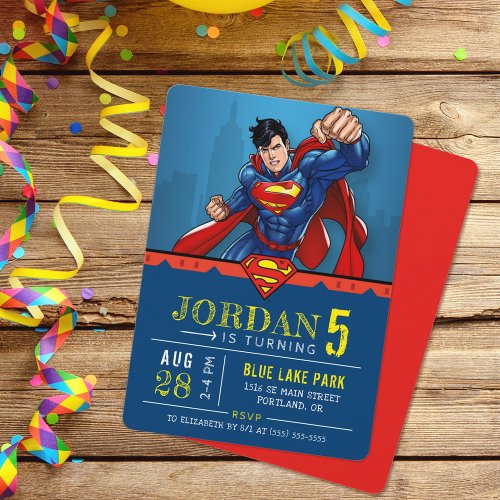


![New York Jets Wide Receiver Terance Mathis Original Press Publicity Photo [Q82]](https://www.filmfetish.com/img/p/2023/01/jets-photo-q82-01-170x170.jpg)

![Victoria Principal Publicity Photo in Bikini [210906-55]](https://www.filmfetish.com/img/p/2021/11/210906-0055-victoria-principal-85x11-web-170x170.jpg)
![Original Theme Music From King of Kings and Other Film Spectaculars Vinyl Edition [C45]](https://www.filmfetish.com/img/p/2021/01/king-of-kings-other-film-spectaculars-vinyl-c45-01-170x170.jpg)

![The Hollywood Reporter (December 2014) Bonnie Hammer [T57]](https://www.filmfetish.com/img/p/2022/04/hollywood-reporter-t57-01-170x170.jpg)
